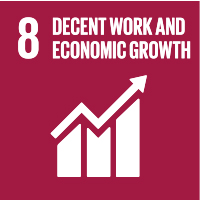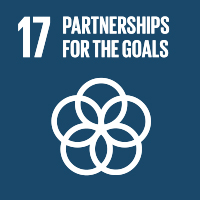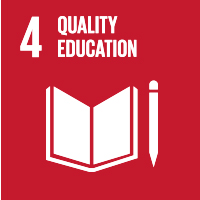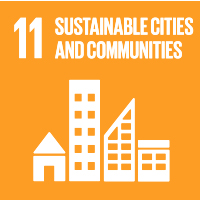
WHY
Worldwide, more young people than ever are participating in education. But despite these gains, youth unemployment remains at historically high levels. Additionally, businesses all over the world report serious problems in matching available talent with unfilled jobs. In 2016, some 40 per cent of employers surveyed in 43 countries and territories reported skills shortages. Quality apprenticeships offer a solution that benefits everyone: creating a reliable path to stable employment and higher income for young people while meeting the needs of enterprises. While the benefits of formal apprenticeship systems are not in dispute, the real challenge lies in implementing and scaling them up, particularly in developing countries.

HOW
Decent Jobs for Youth facilitates unique collaborations between enterprises and vocational education and training institutions, with the goal of combining classroom learning with practical workplace training. At country and regional level, we support the review of frameworks and policies on apprenticeships and the development of innovative strategies that incorporate entrepreneurial and digital skills into school curricula. This approach is reinforced by advocacy and knowledge sharing, allowing us to mobilize resources and share lessons learned on a global scale. By implementing pilot apprenticeship programmes in selected sectors, we support the development of demand-driven training models, designed to equip young people with market-relevant skills.
WHO
The ILO and UNESCO are committed to leading on this thematic priority. Decent Jobs for Youth brings together a growing number of partners who are committed to scaling up quality apprenticeship programmes that are mutually beneficial for young people and enterprises.



















Supporting evidence-based policies for youth
J-PAL’s mission is to reduce poverty by ensuring that policies are informed by scientific evidence. To ensure that scientific evidence translates into policy impact, we consolidate lessons we are learning from this evidence into short and actionable policy briefs, and present these lessons to decisionmakers. Through our partnership with Decent Jobs for Youth, we commit to producing at least three J-PAL-branded Policy Insights between 2024-2026 that can inform strategies to help young people succeed in the world of work. We will also present these insights to policymakers and practitioners during at least one ILO-hosted webinar or event.
South Korea’s youth employment support overview
The University Job Plus Center Project, supported by the Ministry of Employment and Labor (MOEL) and implemented across 117 universities in South Korea, aims to enhance career prospects for young people. From May 2024 to December 2025, the Korea Employment Information Service (KEIS) will provide an overview of this program, highlighting best practices in career guidance and job support services for students and regional youth.